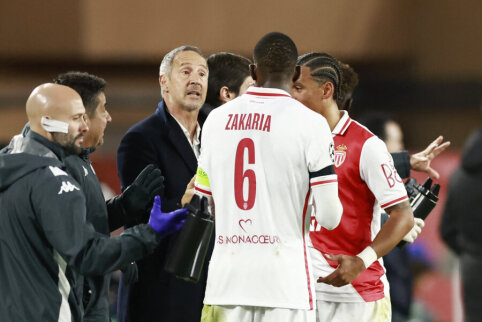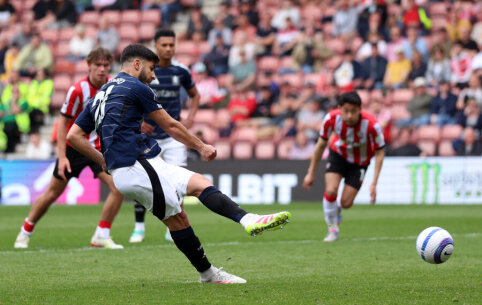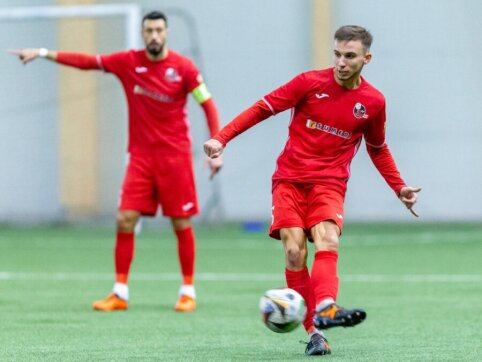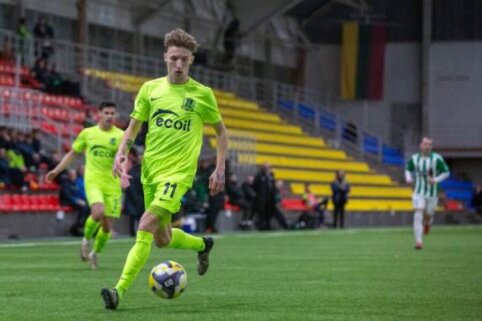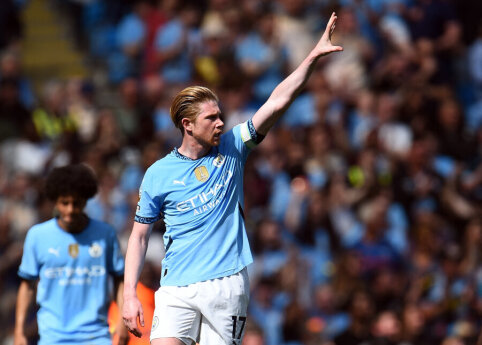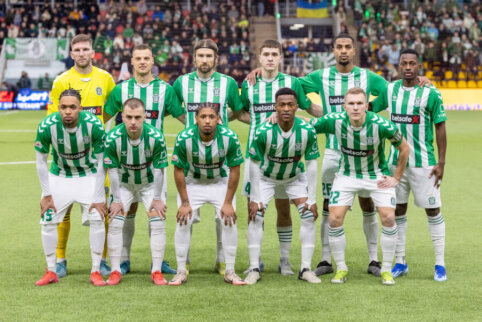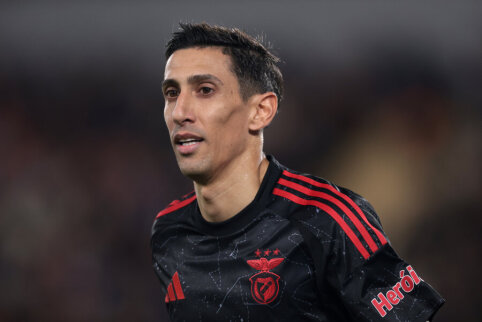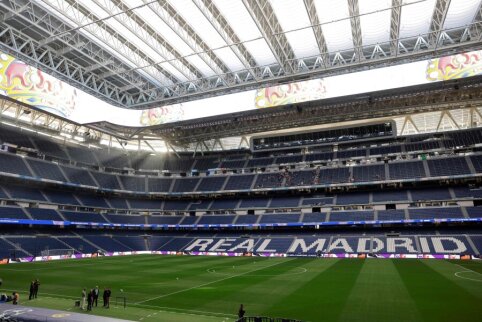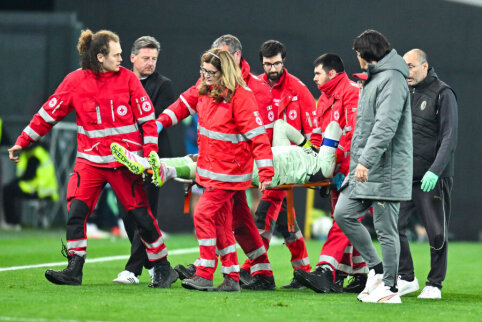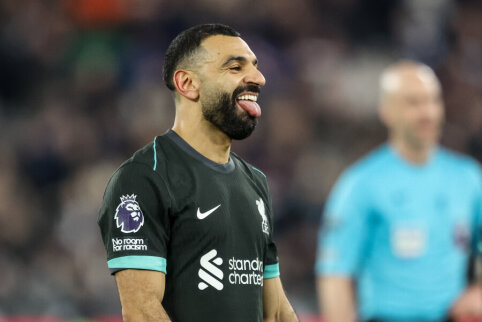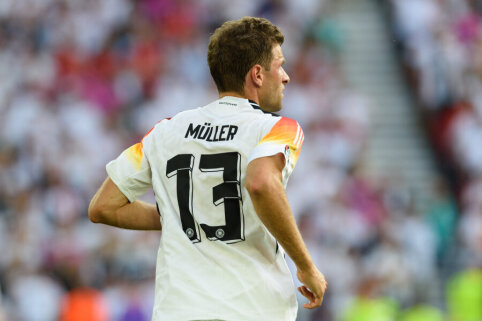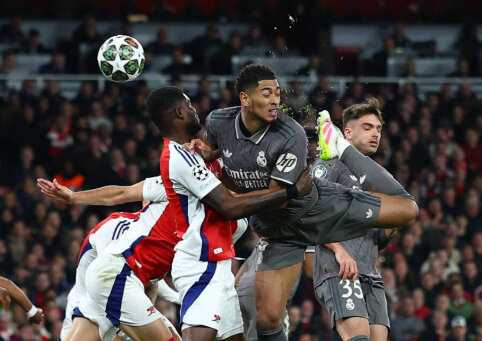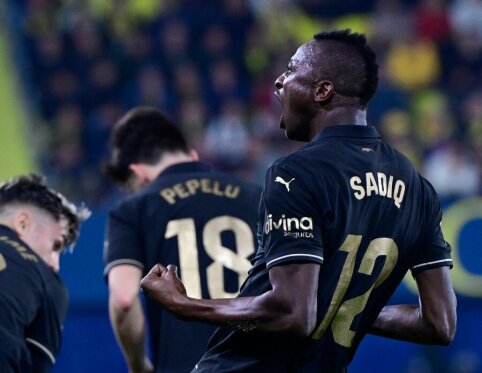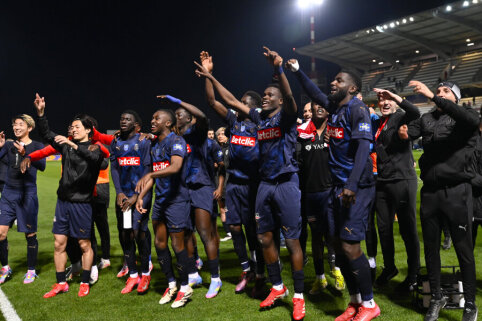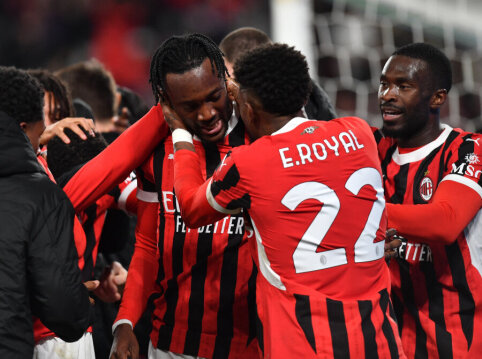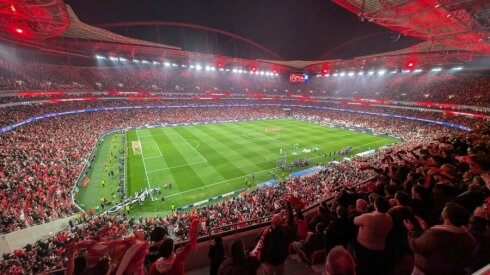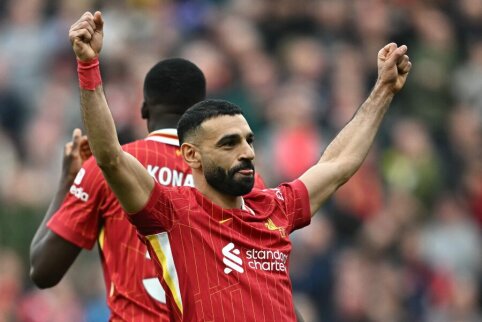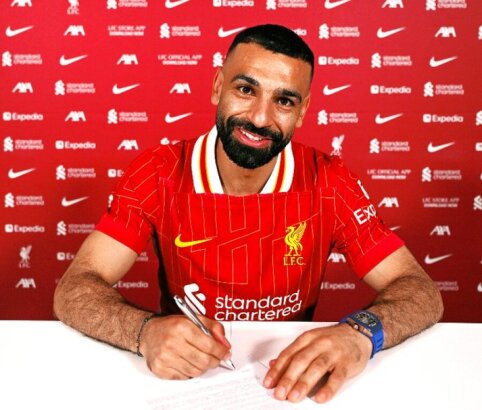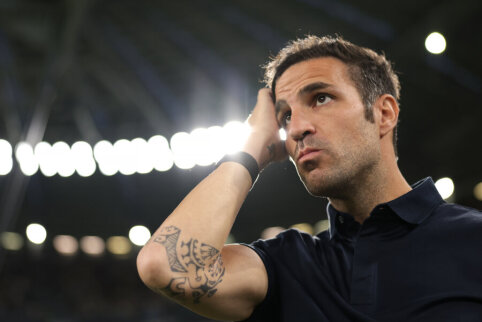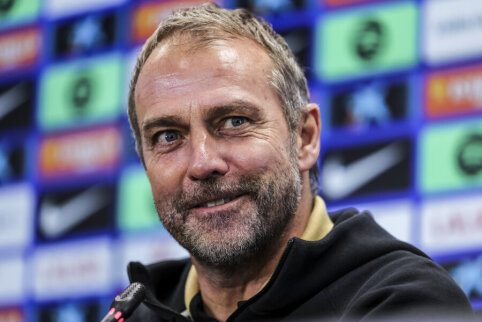 © EuroFootball.com
© EuroFootball.com
Despite the fact that the first football club in Sofia appeared in 1909, the official date of the birth of Bulgarian football is considered to be December 16, 1923, when the Bulgarian National Sports Federation was established, the founder of the local football federation. In 1985, it was reorganized into a football association. In the same year of 1923, Bulgaria became an official FIFA member.
The first major success of the national team came in 1932 when Bulgaria became a kind of Balkan champion, finishing first in a round-robin tournament involving Romania, Yugoslavia, and Greece. Just two years later, the national team participated for the first time in World Cup qualifying matches. The first pancake fell flat.
A significant post-war achievement was the bronze medals at the 1956 Olympics. And twelve years later - in 1968 - Bulgarians won silver at the Olympics. This achievement remains the highest in the country's history.
European championships have always been challenging for Bulgarians. They have more frequently qualified for the World Cup. Although the national team participated in all European Championship qualifiers, they only managed to reach the final stage in 1996.
In 1960, they were stopped by the Yugoslavs, four years later - by the French, and in 1968, the Italians eliminated them in the quarterfinals. Interestingly, in the 1964 and 1968 championships, "the 16th Soviet Republics", as the Bulgarians were then called, were victims of the hosts of those championships, Portugal, led by the magical Eusebio.
The breakthrough came in 1996 when the team finished in second place in the qualifying marathon, ahead of the German national team, whom they managed to defeat in a dramatic 3-2 match. One of the best scorers in the qualifying cycle was Hristo Stoichkov, who scored ten goals in ten matches. He demonstrated a similar level of performance in the group stage of the final tournament, where he scored three goals. But Stoichkov could not help the team avoid defeat against the French.
Bulgaria's application to the final World Cup tournament in France shone with famous names. The team was composed of players who had just narrowly missed the pinnacle of glory in America four years ago. 1994 was indeed a golden year for the team. The final fourth place was overshadowed only by comments made by Swedish goalkeeper Magnus Hedman, who stated that in the battle for the third place in that championship between Sweden and Bulgaria, the latter had sold out. According to him, the Bulgarians were influenced by the money of a shadowy bookmaker. Whether this was true or not is difficult to say, but it is quite likely. After all, the Bulgarian national team, which played excellently throughout the championship, could not have lost such a match 0-4. Nevertheless, no evidence was found, but the impressions remained, and they were quite unpleasant. Of course, Bulgarians faced accusations, but it did affect the team's reputation.
...
Today's Bulgarian national team leaves a mixed impression. With two prolific forwards - Dimitar Berbatov and the long-haired Georgi Ivanov, known as Gonzo, from Levski, supported by Stiliyan Petrov from [another club], the team does not look very secure in defense. Their goalkeeper Zlatko Zdravkov, who plays for Istanbulspor, is particularly renowned for his unpredictable performances in goal: in one game, he can save almost everything, while in another, he makes childish errors. It is worth noting that he is no longer the main goalkeeper for his club. Nevertheless, position No. 1 is traditionally considered the weakest in the Bulgarian national team, except when Borislav Mikhailov was in goal.
After the joy of reaching the European Championship finals wore off, the team's head coach, Plamen Markov, recognized that he had "throat-deep" problems. He did not hesitate to share this information with the media.
...
They began to share the unpicked lion's skin. Initially led by the country's sex symbol, Dimitar Berbatov, without any sanctions from the football federation, they decided to split nearly eight million euros, which they are supposed to receive for reaching the final part of the continental championships and their performance there.
...
If not for pathological laziness, this young player could have undoubtedly achieved much more in his professional career. Dimitar Berbatov himself often admits that he only puts in half the effort during training sessions. An early rise in the ranks of football careers played a negative role.
...
His debut in the national team came on November 17, 1999, in a match against Greece, and he scored his first goal just three months later, in a match against Chile. Since then, he has consistently outplayed the opponent's goalkeepers and has scored 15 goals in 27 matches. His goal-scoring record (0.55 goals per game) is one of the best in Europe.
...
Plamen Markov, the head coach of the national team, pins a lot of hope on Berbatov, believing that with proper support on the field, the talented striker could become a revelation and help his team overcome the group stage barrier. If this happens, the 23-year-old country's sex symbol could surpass the glory of the legendary Hristo Stoichkov.
